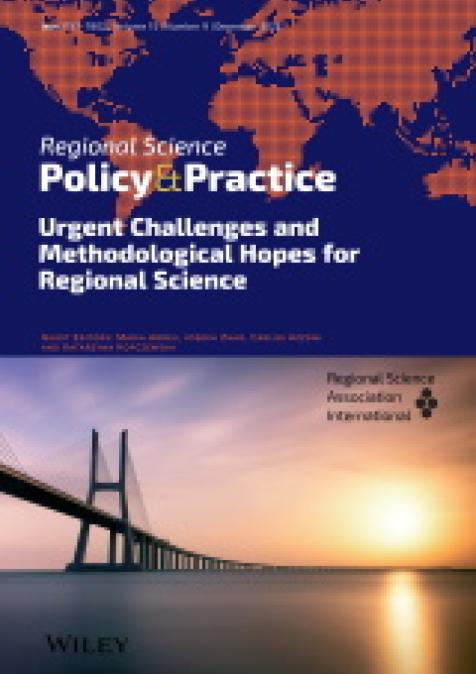Secteur Aéronautique face au Covid 19 : Répercussions, Perspectives de sorties, Avenir ...
May 5, 2020
· Présentation de la situation actuelle du secteur aéronautique face au Covid 19 · Répercussions sur le secteur aéronautique · Perspectives de sorties de la crise · L’avenir du secteur aéronautique … Modérateur : Larabi Jaidi, Senior Fellow, Policy Center for the New South Intervenants : . Pedro Da Motta Veiga , Directeur , CINDES - Centre d'études sur l'intégration et le développement . Alfredo Valladao, Senior Fellow, Policy Center for the New South
Speakers

Larabi Jaïdi
Senior Fellow
Larabi Jaïdi is a Senior Fellow at the Policy Center for the New South and an Affiliate Professor at Mohammed VI Polytechnic University. His areas of expertise include international economy, economic policies, international economic relations, regional economies, social development, international relations, and Mediterranean studies. He also served on the Special Commission on the New Development Model of Morocco, a consultative body created in November 2019 to formulate the country's new developmental guidelines. Jaïdi is a former Professor at Mohamed V University in Rabat-Agdal and a founding member of both the Centre Marocain de Conjoncture and the Groupement d’Etudes et de Recherches sur la Méditerranée.
Prof. Jaïdi previously served as Advisor to the Prime Minister an ...

Pedro da Motta Veiga
President, CINDES
Pedro da Motta Veiga is the President of CINDES – Centro for Studies on Integration and Development – an independent think tank based in Rio de Janeiro and working on trade, investment and global issues. He is also Senior Fellow at CEBRI – the Brazilian Center for International Relations, a non-resident fellow at Rice University’s Baker Institute for Public Policy – Latin America Initiative, and a partner at Ecostrat, a consulting firm.
...

Alfredo Da Gama e Abreu Valladão
Senior Fellow
Alfredo G. A. Valladão is Senior Fellow at Policy Center for the New South and Professor at the Paris School of International Affairs (PSIA) of Sciences Po Paris, who focuses on international affairs, geopolitics, global economics, Brazil and Latin America. Alongside these positions, he is President of the Advisory Board at EU-Brazil association in Brussels, Member International Advisory Board of CEBRI (Brazilian Center for International Relations – Rio de Janeiro), Member of the Comité des Rencontres Internationales de Genève (RIG), Director of the Latin America Research Chair at CESEM-HEM in Morocco and a columnist for Radio France Internationale (RFI). Former member of the Board of Trustees of UNITAR (2009-1015), and former Director of the Mercosur Chair of Sciences Po (199 ...








